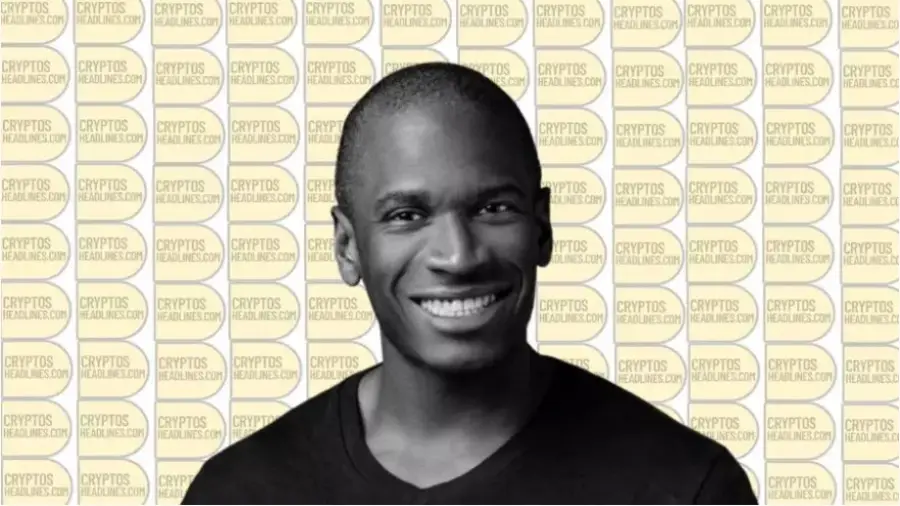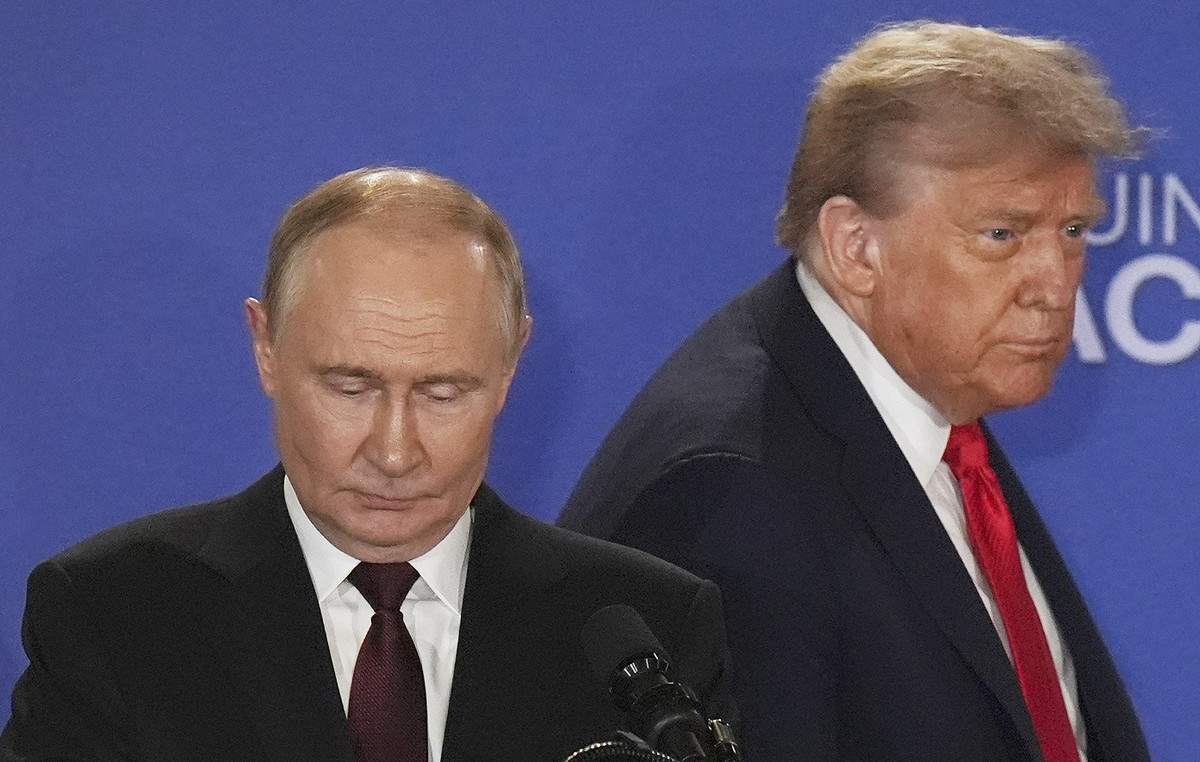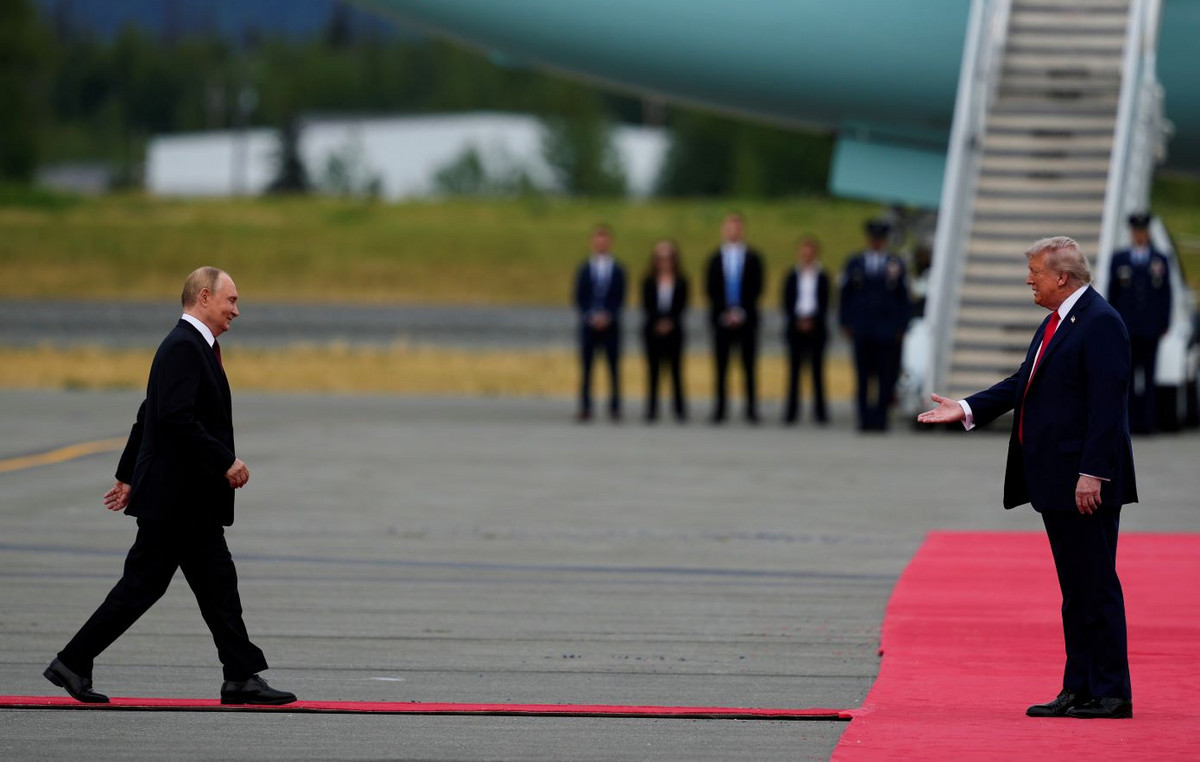The Deputy Governor of the Reserve Bank of India, T. Rabi Sankar, believes that digital currencies of central banks can completely replace private virtual currencies, including bitcoin.
The Reserve Bank of India (RBI) has repeatedly spoken out against cryptocurrencies, calling them speculative instruments with no underlying value. The Indian government has yet to set out its position on the regulation of cryptocurrencies. However, this week, the Department of Economics at the Indian Ministry of Finance said it would release a paper for public consultation regarding private cryptocurrencies in the near future.
Speaking at a conference hosted by the International Monetary Fund (IMF), T Rabi Sankar declaredthat the central bank began to work hard on the introduction of its own digital currency. The digital Indian rupee will provide better fiat currency management, reduce the risk of non-payment of settlements, as well as speed up interbank and international payments, making them much cheaper, said Sankar.
He added that the RBI is taking a “balanced” approach to the introduction of the digital rupee so that it does not negatively impact the banking system, and that commercial banks continue to attract cash deposits while maintaining their participation in the country’s monetary policy.
“First, we need to complete the proof of concept of the digital rupee, organize pilot projects to test it, and then gradually introduce it into real life. We intend to learn from our own mistakes, and we understand that this digital journey can go on forever. However, with the leadership of the government and regulators, with the right vision of how to implement this project, it is possible to work more effectively for the benefit of society. Central bank digital currencies could eliminate the need for bitcoin and other cryptocurrencies,” Sancar said.
The deputy governor of the RBI expressed bewilderment that some central banks are willing to justify the use of stablecoins pegged to government currencies. According to Sankar, their “unquestioning acceptance” seems strange given the recent situation with the algorithmic stablecoin UST. Many now understand the difference between money and stablecoins, he said. Sancar also asked the IMF to clarify the rules for using government stablecoins and private digital currencies in payment systems.
Earlier, Indian Finance Minister Nirmala Sitharaman said that the launch of the digital rupee could take place as early as the end of this year or early next.
Source: Bits
I’m James Harper, a highly experienced and accomplished news writer for World Stock Market. I have been writing in the Politics section of the website for over five years, providing readers with up-to-date and insightful information about current events in politics. My work is widely read and respected by many industry professionals as well as laymen.







